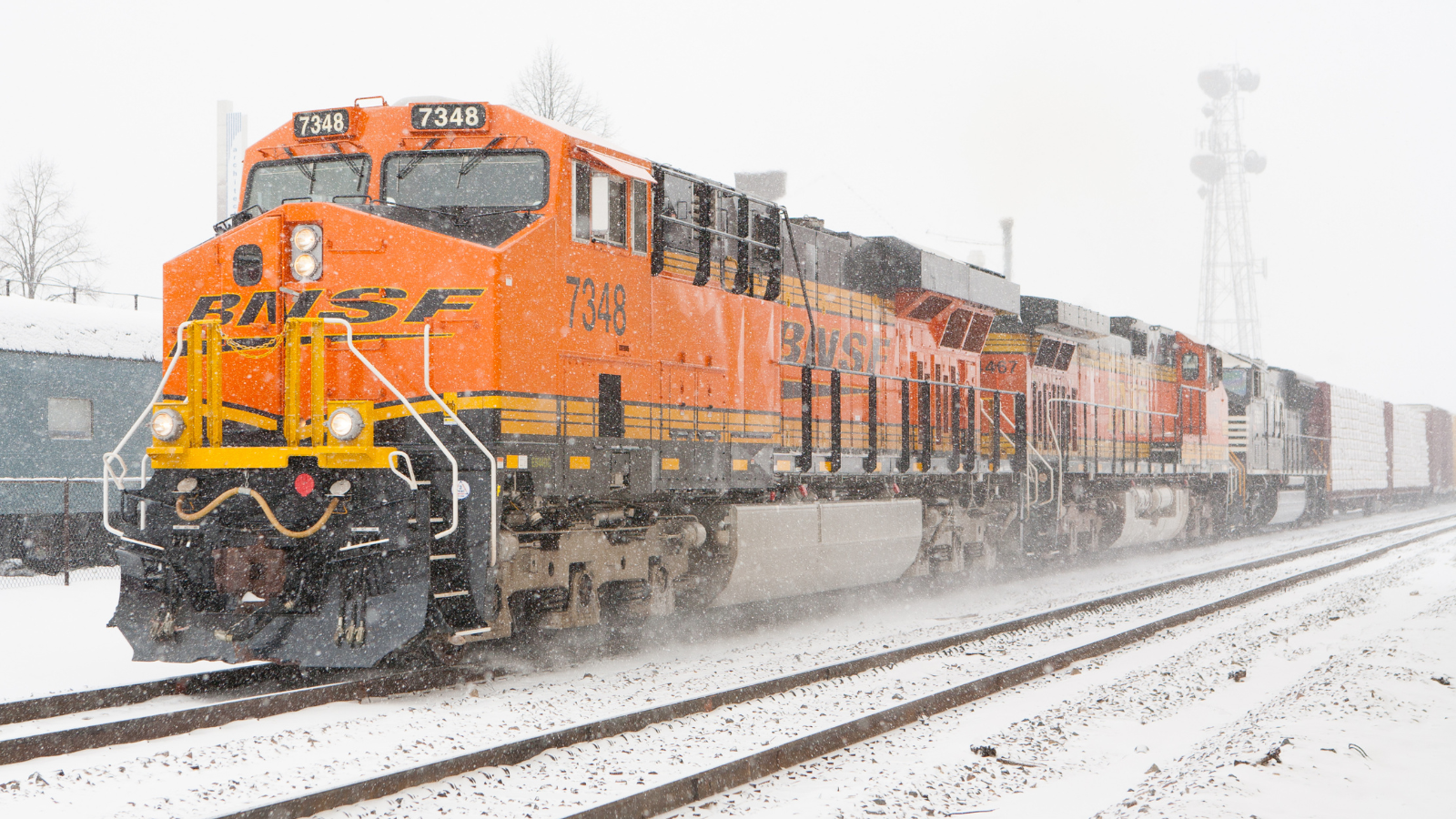New Jersey Power Outage Disrupts Commutes via Amtrak
New Jersey Governor Phil Murphy slammed Amtrak for a power outage that disrupted Amtrak and NJ Transit services for hours, calling it an "unmitigated disaster." The outage suspended service between New York City and Philadelphia during Wednesday's evening rush hour when overhead wires fell on the tracks in Kearny.
Thousands of commuters were left stranded. Some were stuck at New York Penn Station for hours, while others were trapped on trains for over three hours. This disruption led to a domino effect, causing delays and cancellations that reached as far as Washington, D.C.
Service resumed on a single track after more than four hours, but the chaos continued. Christie Frazer from Westfield mentioned how her husband struggled to get home late at night. Governor Murphy highlighted that this was Amtrak's third infrastructure failure in two days and emphasized the need for immediate and long-term investments in infrastructure and emergency plans.
Amtrak declined to comment, but delays persisted on Thursday. NJ Transit also warned of more cancellations and delays due to crew and equipment issues stemming from the wire problem.
Why This Matters:
Infrastructure issues like this can cause massive disruptions, affecting your supply chain and delivery schedules. Understanding and anticipating these challenges can help you prepare and adapt, minimizing the impact on your operations and customers.
Our Take:
Infrastructure reliability is crucial. This incident highlights the importance of investing in robust infrastructure and having solid contingency plans. With aging infrastructure causing repeated failures, it's clear that proactive maintenance and modernization are essential. Keep an eye on how these issues are addressed, as it can impact your logistics strategies and overall efficiency.
Get ready for a new era of travel between Las Vegas and the Los Angeles area!
The union representing nearly 9,300 workers at Canada’s top two rail companies is signaling a potential work stoppage due to stalled negotiations over working conditions and wage hikes.
Imagine zipping from New York to Los Angeles in less than an hour or hopping from London to Paris in just 15 minutes.
The National Transportation Safety Board (NTSB) has determined that the actions of an improperly licensed truck driver were the probable cause of a fatal grade-crossing collision involving a Metra commuter train in Clarendon Hills, Illinois, in May 2022.
Deutsche Bahn, Germany's national railway operator, has initiated the sale of its logistics unit, DB Schenker, as part of its strategy to concentrate on its core railway business.
A train derailment in eastern Kentucky caused the spillage of a chemical, leading officials to advise the evacuation of Livingston, a small town of about 200 residents, due to concerns about air quality.
The federal government plans to allocate over $16 billion to enhance the Northeast Corridor, the busiest rail line in the country, connecting cities like Washington, New York, and Boston.
A significant portion of the Green Line Extension in Massachusetts needs track repairs due to narrowness issues, with 50% of the Union Branch tracks and around 80% of the Medford/Tufts Branch tracks requiring widening.
Over 30 coal cars derailed near I-25 due to a broken rail, causing a bridge collapse and closing the interstate.
A coal train derailed over Interstate 25 in southern Colorado, killing the driver of a semi-truck.
Norfolk Southern, an Atlanta-based railroad, is facing a significant backlog of trains following a recent service outage.
Brightline, a Florida-based company owned by Fortress Investment Group, is challenging the traditional passenger rail model in the U.S. by offering a privately funded and operated alternative.
Union Pacific, the second-largest freight railroad company in the U.S., has announced a change in its leadership.
Union Pacific (UP) is set to resume its efforts to implement one-person train crews by conducting a pilot program in Nebraska and Colorado.
Daimler Truck, the truck division of Daimler AG, has outlined its plans for a transition to zero-emissions powertrains and projected revenue growth of 40%-60% in the second half of the decade.
The railroad industry has filed a lawsuit to block a new rule in Ohio that mandates a two-person crew for freight trains and imposes stricter regulations on wayside detectors.
The recent legislation proposed by Senators Tammy Baldwin and Roger Marshall called the "Reliable Rail Service Act," has raised concerns reminiscent of the 2008 financial crisis.
CSX and CPKC railroads have announced a partnership to strengthen a currently underutilized connection between their networks in the southeastern region of the United States.
Norfolk Southern's CEO, Alan Shaw, has emphasized the importance of safety and better service, particularly after a train derailed and caught fire in Ohio.
Canadian Pacific Kansas City (CPKC) and CSX Corp. have reached an agreement to purchase additional rail assets, creating a direct interchange connection between CPKC and CSX in Alabama.
An Amtrak train carrying nearly 200 passengers derailed in Southern California after colliding with a county water truck, leaving the truck's driver critically injured.
Several states are taking action to address rail safety concerns following train derailments, leading them to pursue their own remedies in the absence of federal action.
A report by the Association of American Railroads (AAR) highlights the freight railroad industry's significant potential in combating climate change.
Preliminary testing of water and air quality along the Yellowstone River, where train cars carrying hazardous materials fell into the water after a bridge collapse, did not reveal any immediate threat to the public, according to state and federal officials.
Canadian Pacific Kansas City (CPKC) and CSX Corp. have announced a joint venture to develop and deploy hydrogen conversion kits for diesel-electric locomotives, aiming to reduce greenhouse gas emissions in the freight rail industry.
Following the resolution of the contract dispute at West Coast ports, BNSF Railway Co. (BNSF) has announced its readiness to handle an anticipated surge in intermodal volumes once freight levels in the region return to normal.
Researchers at the Lawrence Berkeley National Laboratory propose using electric batteries on freight trains to support the power grid during spikes in energy demand.
The FRA recently completed a safety culture review of Norfolk Southern prompted by a significant derailment in Ohio.
Railroad operator Union Pacific has reached a tentative agreement with the Brotherhood of Locomotive Engineers and Trainmen (BLET) to implement more predictable schedules for workers.































New Jersey Governor Phil Murphy slammed Amtrak for a power outage that disrupted Amtrak and NJ Transit services for hours, calling it an "unmitigated disaster."